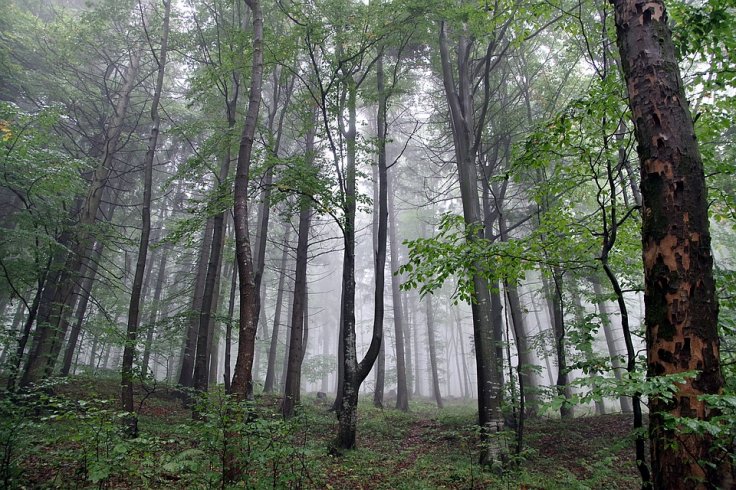
A new study report published in the journal Proceedings of the Royal Society B revealed that the rain forest collapse, which happened about 307 million years ago, has led to the extinction of early land vertebrates including some groups of tetrapods.
Even though the mass extinction of plant species resulted in negative impacts on the evolution of land vertebrates, the natural disaster allowed other animals to expand all across the globe.
According to the study led by the researchers at the University of Birmingham, North America and Europe were a single land mass before 310 million years, and this region was covered by dense tropical forests known as coal forests. The ideal climate and rich vegetation allowed various species including tetrapods to increase their population in a dramatic manner. But around 307 million years ago, the climate started becoming much drier, and as a result, the vegetation started depleting.
As the rainforests started depleting, tetrapods faced difficulties in adapting themselves to the new condition, and soon, several species of these land vertebrates went extinct. In the meantime, several species of animals including the survived tetrapods started exploring other regions of the planet. Some of these survivors were early amniotes who successfully traveled long distances. These creatures also had the ability to lay eggs which helped them to survive in non-watery conditions.
During the study, researchers at the Birmingham University compiled a new data set from the paleontology database and used advanced statistical methods to know more about the vegetative changes.
"This is the most comprehensive survey ever undertaken on early tetrapod evolution, and uses many newly developed techniques for estimating diversity patterns of species from fossil records, allowing us greater insights into how early tetrapods responded to the changes in their environment," Emma Dunne of the University of Birmingham and the lead author of the study, Phys.org reports.
Dunne made it clear that the collapse of rainforests was quite crucial in paving the way for amniotes, the group which ultimately gave rise to modern mammals, reptiles, and birds.









